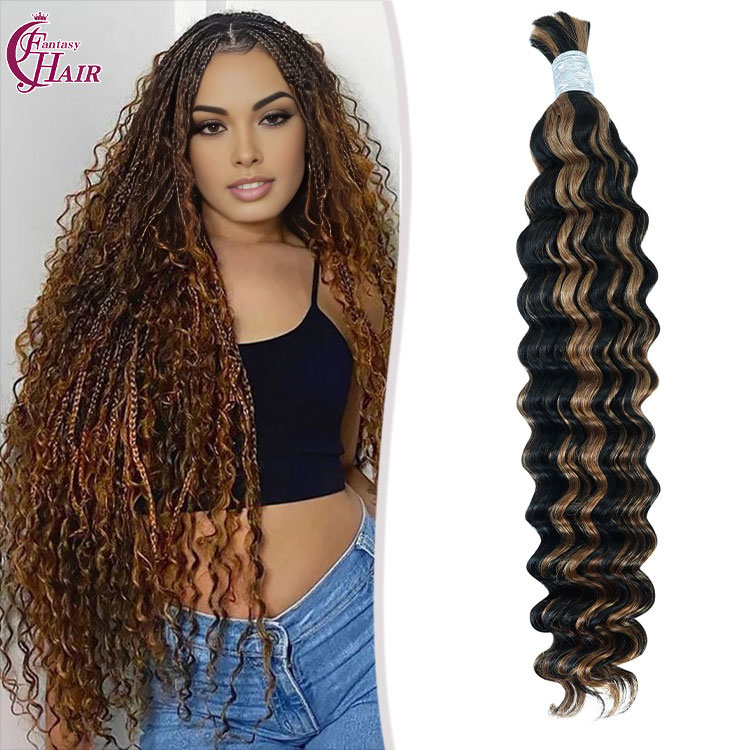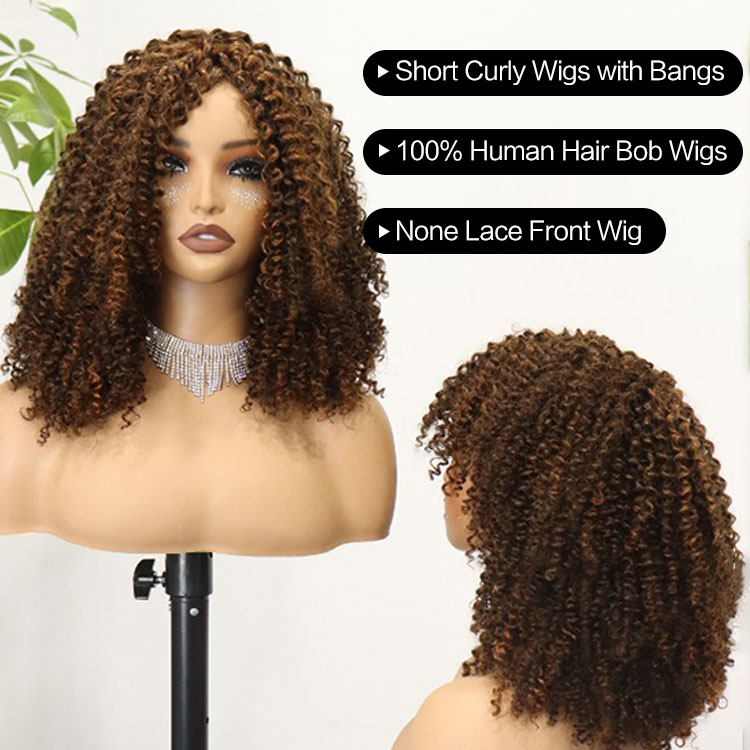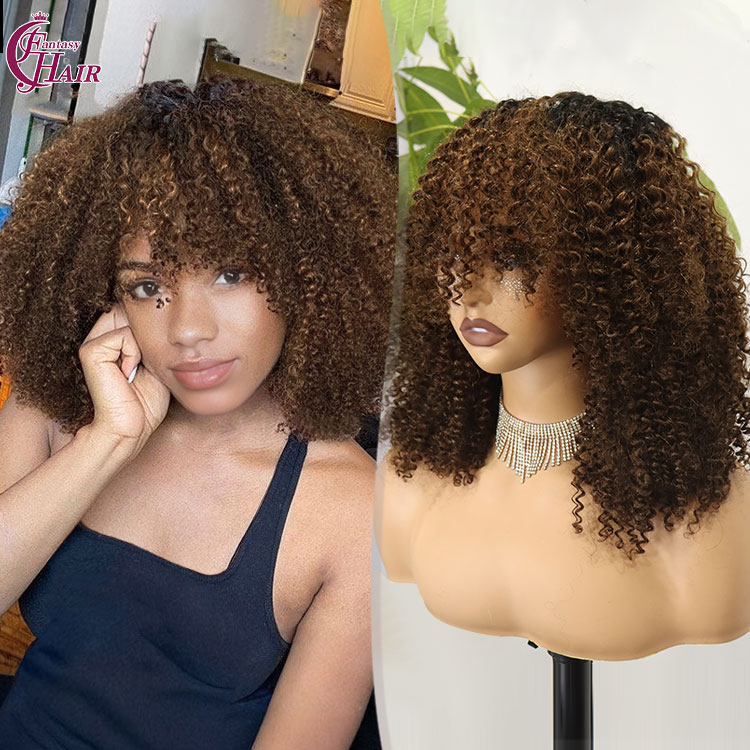In the ever-evolving landscape of the beauty industry, human hair suppliers play a pivotal role in meeting the demands of a global market driven by the desire for beauty enhancement and transformation. This article explores the significance of human hair suppliers, the factors that make them indispensable, and the impact they have on the beauty sector.
The Significance of Human Hair Suppliers
Human hair suppliers are the bridge between raw materials and the final products that grace the shelves of beauty stores and salons worldwide. Their role encompasses several key aspects:
- Sourcing: They are responsible for procuring high-quality human hair from various regions, ensuring that the hair is ethically collected and meets industry standards.
- Processing: Hair suppliers process the raw hair to remove impurities, sanitize it, and treat it to ensure its longevity and quality for end consumers.
- Distribution: They distribute the processed hair to manufacturers, wholesalers, and retailers, facilitating the production of wigs, extensions, and other hair products.
Quality and Variety: Hallmarks of Human Hair Suppliers
The quality and variety of human hair products are paramount, and suppliers are well aware of this:
- Virgin Hair: Human hair suppliers offer virgin hair, which is unprocessed and free from chemical treatments, providing the most natural and durable option for consumers.
- Remy Hair: Remy hair is processed hair with intact cuticles that are aligned in the same direction, reducing tangling and enhancing the lifespan of the product.
- Non-Remy Hair: This type of hair is processed with stripped or misaligned cuticles, making it a more affordable option, albeit less durable than Remy or virgin hair.
Ethical Sourcing: A Non-Negotiable Priority
Ethical sourcing is a cornerstone of responsible human hair supply:
- Donor Consent: Suppliers ensure that all hair is sourced with the full consent of the donors, respecting their rights and cultural sensitivities.
- Transparency: Transparency in sourcing practices builds trust with consumers and businesses, ensuring a reputable and reliable supply chain.
- Certifications: Many suppliers hold certifications from ethical sourcing organizations, further validating their commitment to ethical practices.
Market Trends: Adapting to the Changing Landscape
The beauty industry is influenced by several market trends that human hair suppliers must adapt to:
- Demand for Quality: Consumers are increasingly demanding high-quality hair products that offer both aesthetic appeal and longevity.
- Sustainability: There is a growing trend towards sustainability, with consumers and businesses alike seeking eco-friendly and ethically sourced products.
- Personalization: The desire for personalized beauty products has led to an increase in demand for customized human hair products.
The Global Reach of Human Hair Suppliers
Human hair suppliers have a global reach, catering to a diverse international market:
- Export Markets: Suppliers export human hair products to various countries, contributing to the growth of the global beauty industry.
- Cultural Exchange: The distribution of human hair products facilitates cultural exchange, with different hair trends influencing various regions.
- Economic Impact: The industry has a significant economic impact, providing employment and fostering local communities in the regions where hair is sourced.
Challenges and the Future of Human Hair Supply
The human hair supply industry faces several challenges that will shape its future:
- Competition: Intense competition requires suppliers to differentiate their products and offer unique value propositions.
- Regulatory Compliance: Adhering to international regulations and standards is crucial for maintaining market access and consumer trust.
- Market Saturation: As the market becomes more saturated, suppliers must innovate to meet evolving consumer demands.
Conclusion
Human hair suppliers are integral to the beauty industry, providing the raw materials that enable the creation of a wide range of hair products. Their commitment to quality, ethical sourcing, and adaptability to market trends ensures that they remain a vital force in the industry. As consumer preferences continue to evolve, human hair suppliers will play a crucial role in shaping the future of beauty, driven by innovation, sustainability, and a deep understanding of their customers’ needs.





